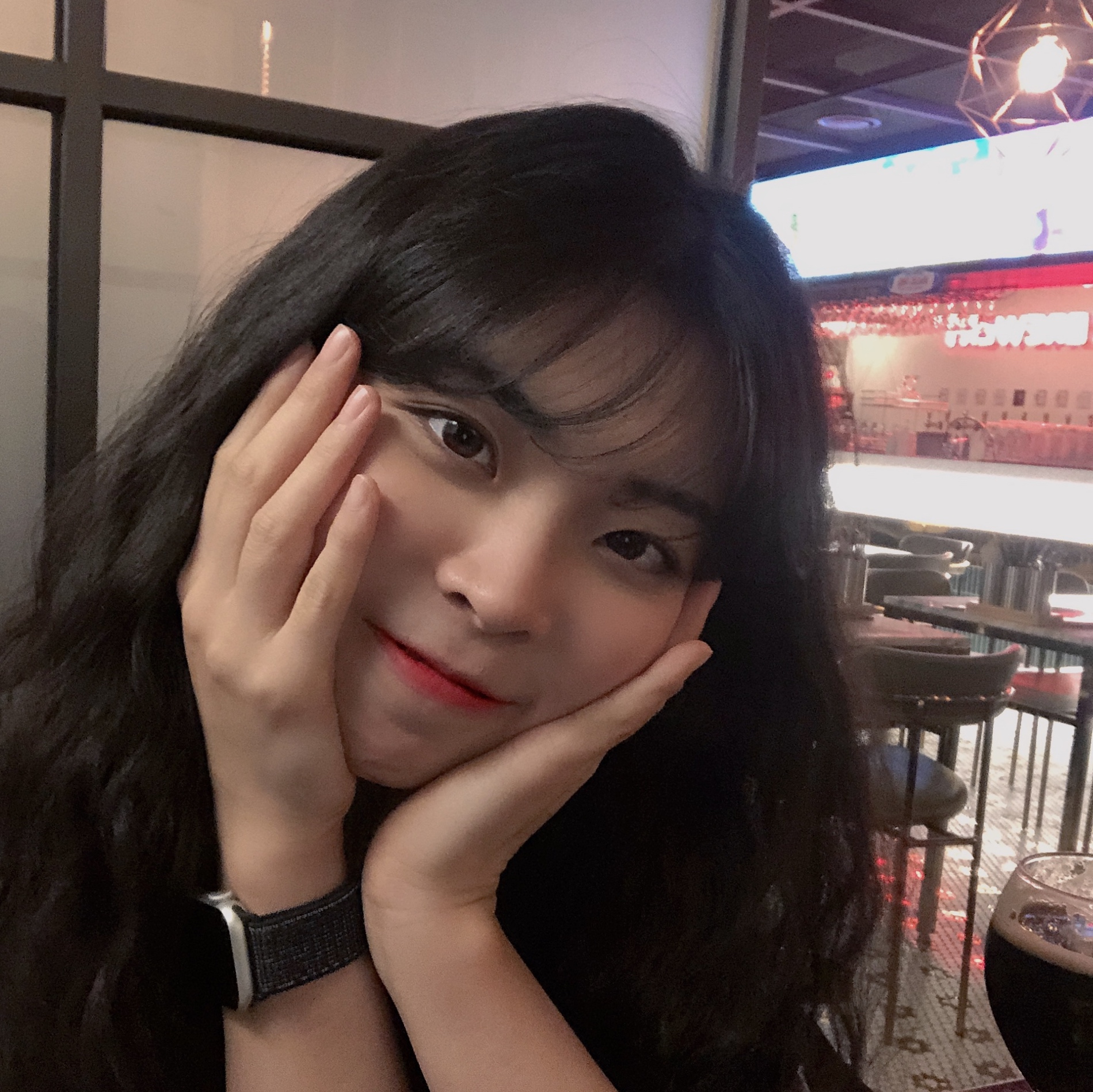meta learning: learn to learn
knows similarity and differences between objects during training.
aim: learn a similarity function
support set : small set of samples, too small for training
- for human, make prediction based on four train dataset is easy
- on the other hand, not know
- but we can train how much two input images are alike.
- find the query most similar to the support set
- != training set. training set is big enough for training
- Although the otter image is not included in training set, if it is in support set, the model can tell that the query image looks similar to the otter
query : the unknown animal
Supervised learning vs. few shot learning
- test samples are from known classes
- f: query samples are from unknown classes
- f: need to provide more information. a set of cars (support set)
k-way: the support set has k classses
n-shot : every class has n samples
N은 10개 이하, K를 1개 또는 5개로 설정
쿼리 데이터는 범주당 15개
metric based
steps:
-
learn a simliarity function from large scaled image set
-
then apply the sim func for prediction
- compare the query with every sample in the support set
- find the sample with the highest similarity score
Dataset: Omniglot
- 50 Alphabets * # characters * 20 handwritten letters
Dataset: Mini-ImageNet
### ex. Siamese Networks
training data = positive samples + negative samples
pos: (tiger image1, tiger image 2, 1)
Neg: (car image1, elephant image2, 0) ; two are different
The idea is to find model hyper-parameters and parameters such that it will be easy to adapt to a new task without over-fitting to the few shots available.
Few-shot learning with pretrained CNN
- pretrain a CNN for feature extraction
- can be pretrained using standard supervised learning or Siamese
- mean of feature vectors of a class then take a norm, like mu1
- for query image, take the same step and get a unit vector q
- compare q with mu1, mu2, mu3 on 2-dim space
- p = softmax(Mq)

where M = [mu1, mu2, mu3]’
Reference
- https://www.kakaobrain.com/blog/106
- https://www.youtube.com/watch?v=hE7eGew4eeg&t=0s&ab_channel=ShusenWang
- https://www.youtube.com/watch?v=4S-XDefSjTM&ab_channel=ShusenWang
- https://www.youtube.com/watch?v=U6uFOIURcD0&ab_channel=ShusenWang
- https://towardsdatascience.com/building-a-one-shot-learning-network-with-pytorch-d1c3a5fafa4a
- http://www.cs.cmu.edu/~rsalakhu/papers/oneshot1.pdf
